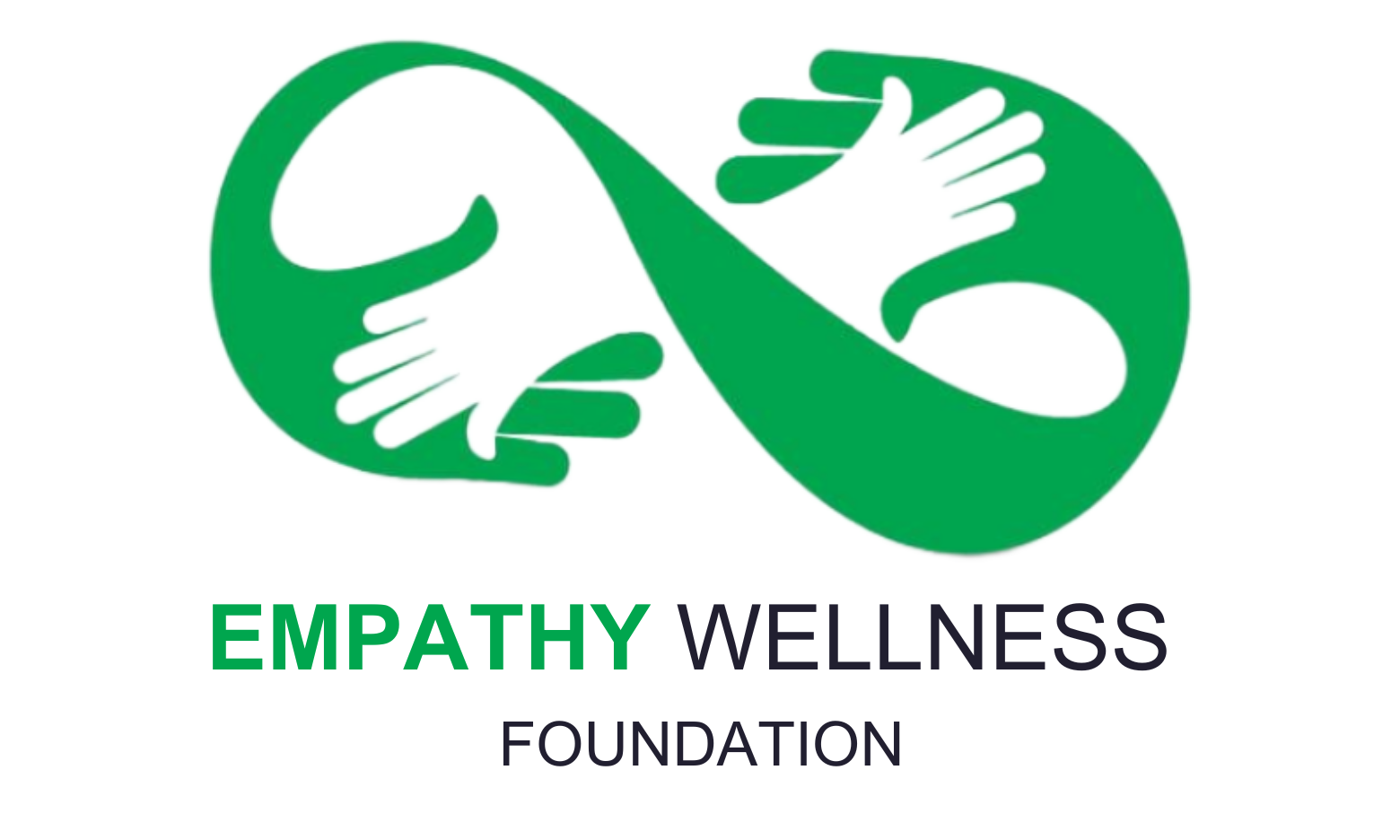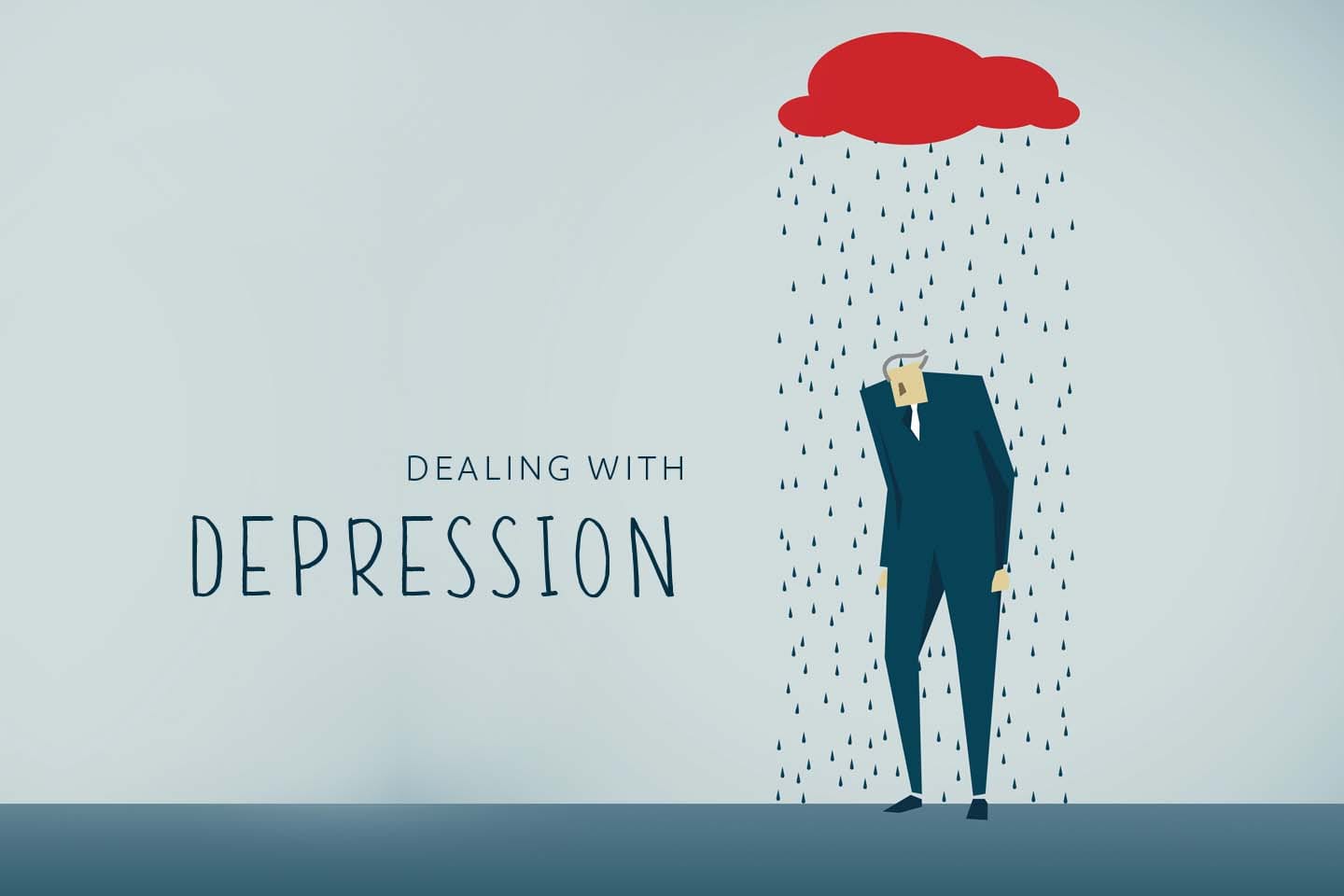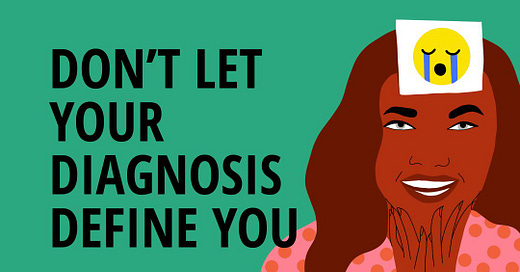Living with Depression: It’s More Than Just Feeling Sad
When most people hear the word “depression,” they may think of someone feeling “down” or “sad.” While sadness is an aspect of depression, it is far from the complete picture. Depression is an ongoing, multifaceted mental health condition that affects every part of a person’s life—physically, emotionally, and mentally.
Depression is not just feeling blue for a few days or having a bad week. It’s much deeper, and much more persistent, than that. If you or someone you love is living with depression, understanding its full scope can help in managing it and finding the right support.
What Depression Really Feels Like
Imagine waking up every day feeling exhausted, even after a full night’s sleep. The world seems gray, and no matter what you do, nothing feels fulfilling. That’s just one aspect of depression.
Some common symptoms include:
- Persistent sadness or emptiness: Feeling as if happiness is out of reach.
- Fatigue: Feeling physically drained, even after rest, making everyday tasks feel monumental.
- Loss of interest: Losing enjoyment in activities that used to bring joy, like hobbies, work, or relationships.
- Difficulty concentrating: Thoughts feel clouded, and making decisions becomes an overwhelming task.
- Changes in appetite or sleep patterns: Either eating too much or losing interest in food, as well as sleep disturbances (insomnia or excessive sleep).
- Physical pain: Depression often manifests as headaches, muscle aches, or gastrointestinal issues.
Depression isn’t always about crying or feeling sad. Many people with depression feel numb, disconnected, or emotionally distant from others. Some may isolate themselves, avoiding friends, family, and activities they used to enjoy.
The Cycle of Depression
One of the most insidious aspects of depression is how it feeds on itself. It creates a cycle of negative thinking that’s hard to break. For instance, when you’re feeling low and lack motivation, it’s easy to avoid activities or people, which in turn worsens feelings of isolation. This isolation reinforces negative thoughts, making the depression feel even more overwhelming.
The more someone with depression tries to push through or ignore their feelings, the more they can feel trapped. It becomes a cycle of guilt and frustration: guilt for not being able to “snap out of it” and frustration over feeling so stuck.
The Physical and Mental Toll of Depression
While depression is often associated with emotional pain, it can have a significant physical toll as well. The body and mind are deeply connected, and depression can result in:
- Chronic fatigue and lack of energy that doesn’t improve with rest.
- Sleep disturbances, which may include trouble falling asleep or staying asleep, or sleeping excessively to escape reality.
- Decreased immune function, making you more susceptible to illness.
- Digestive issues like nausea or constipation, which are often linked to the gut-brain connection.
- Chronic aches and pains, like headaches or joint pain, which are common but often overlooked symptoms.
The brain and body are interconnected, and when one is unwell, the other can suffer too.
Living with Depression: Day by Day
Living with depression often means battling internal turmoil that others can’t see. It’s not simply a bad mood, but a pervasive and ongoing struggle. People with depression often feel like they’re carrying a heavy weight that no one can see. And because depression isn’t always obvious on the outside, it can be hard for others to understand.
This can lead to feelings of shame or embarrassment. The misconception that depression is something you can “just snap out of” can make individuals feel even more alone in their struggle. They might worry that they’ll be judged or dismissed if they ask for help.
But the truth is, seeking help for depression is not a weakness—it’s a vital step toward healing.
Treatment: A Path to Healing
While depression is a serious and often debilitating condition, it is treatable. If you or someone you know is struggling with depression, there are several options to explore, including:
- Therapy: Cognitive Behavioral Therapy (CBT) and other therapeutic approaches have been shown to be effective for depression. Therapy can help individuals identify negative thought patterns and replace them with healthier, more realistic ones.
- Medication: Antidepressants can be a helpful tool for many people. These medications work by balancing chemicals in the brain that affect mood and emotions.
- Lifestyle Changes: Regular exercise, a healthy diet, and a regular sleep schedule can make a significant impact on mood and energy levels. Although it may feel difficult, small steps like getting outside or eating nutritious meals can improve mental health over time.
- Support Networks: Building a support system of friends, family, or support groups can be invaluable. Isolation can worsen depression, so reaching out to others is key.
It’s important to remember that recovery from depression doesn’t happen overnight. It’s a journey that requires patience, self-compassion, and professional help. Even if progress feels slow, every small step counts.
You Are Not Alone
If you’re living with depression, remember that you’re not alone. You don’t have to suffer in silence or feel ashamed of your struggles. Depression is a medical condition, not a personal failing. And it’s something that millions of people experience worldwide.
By seeking help, being kind to yourself, and reaching out for support, you can begin the journey of healing. Depression may feel overwhelming, but it’s possible to regain your sense of self and find hope again.








